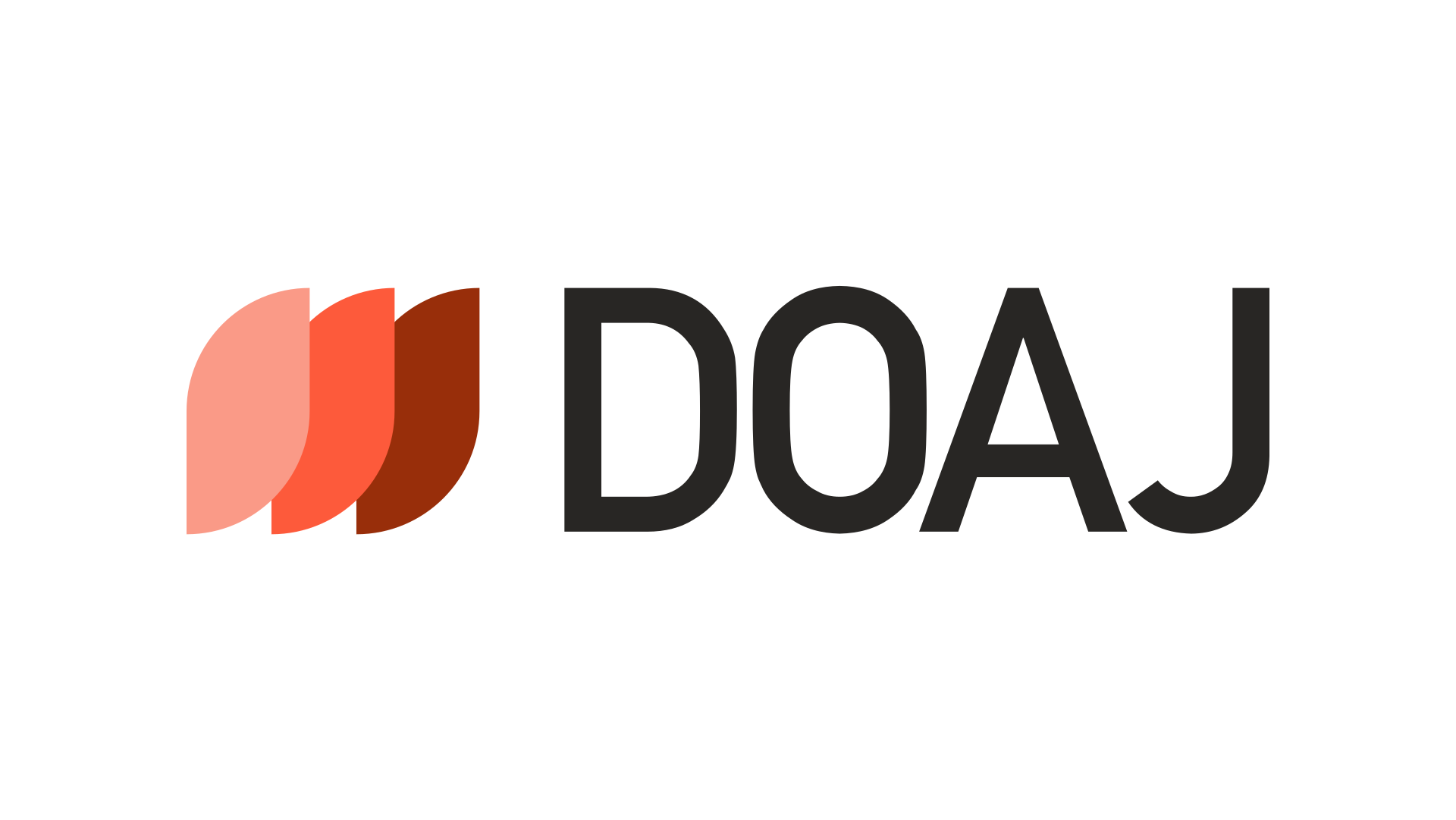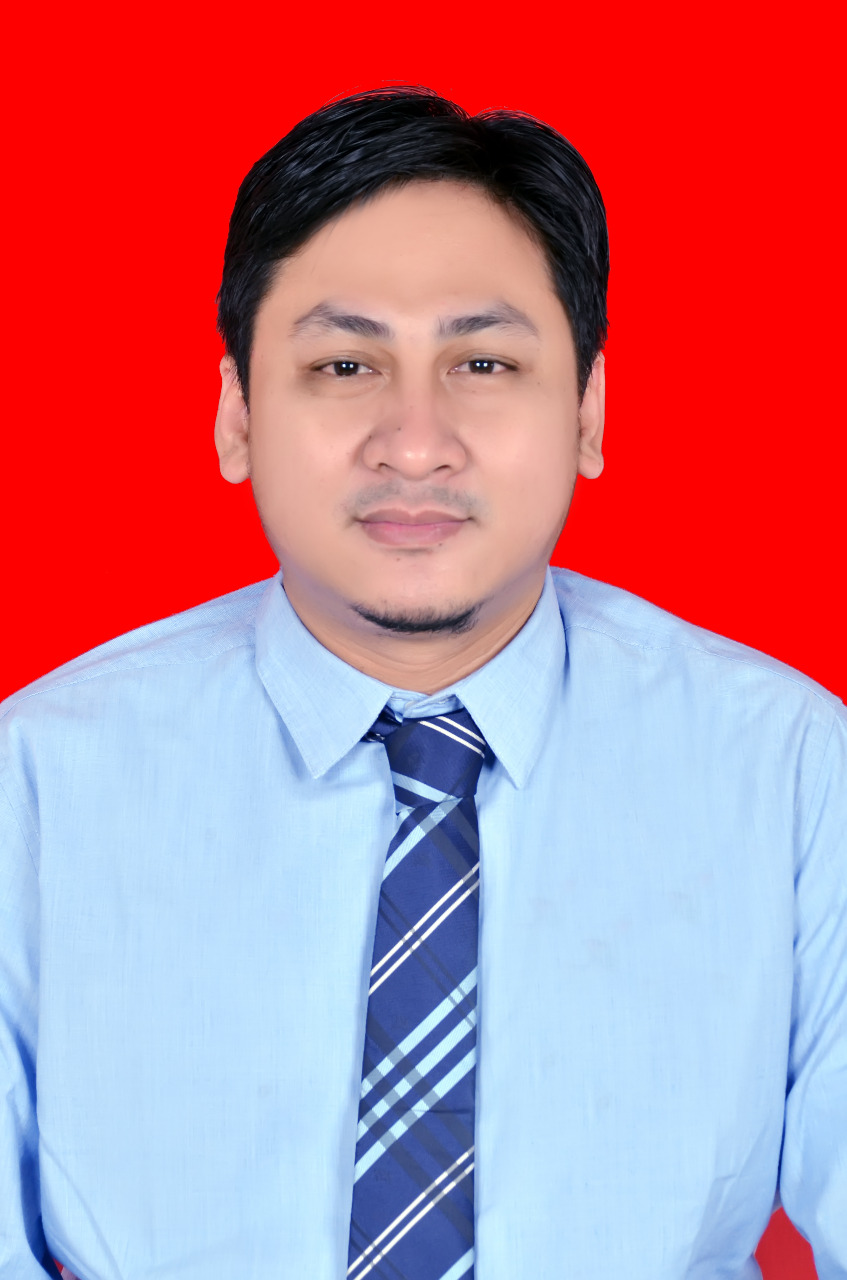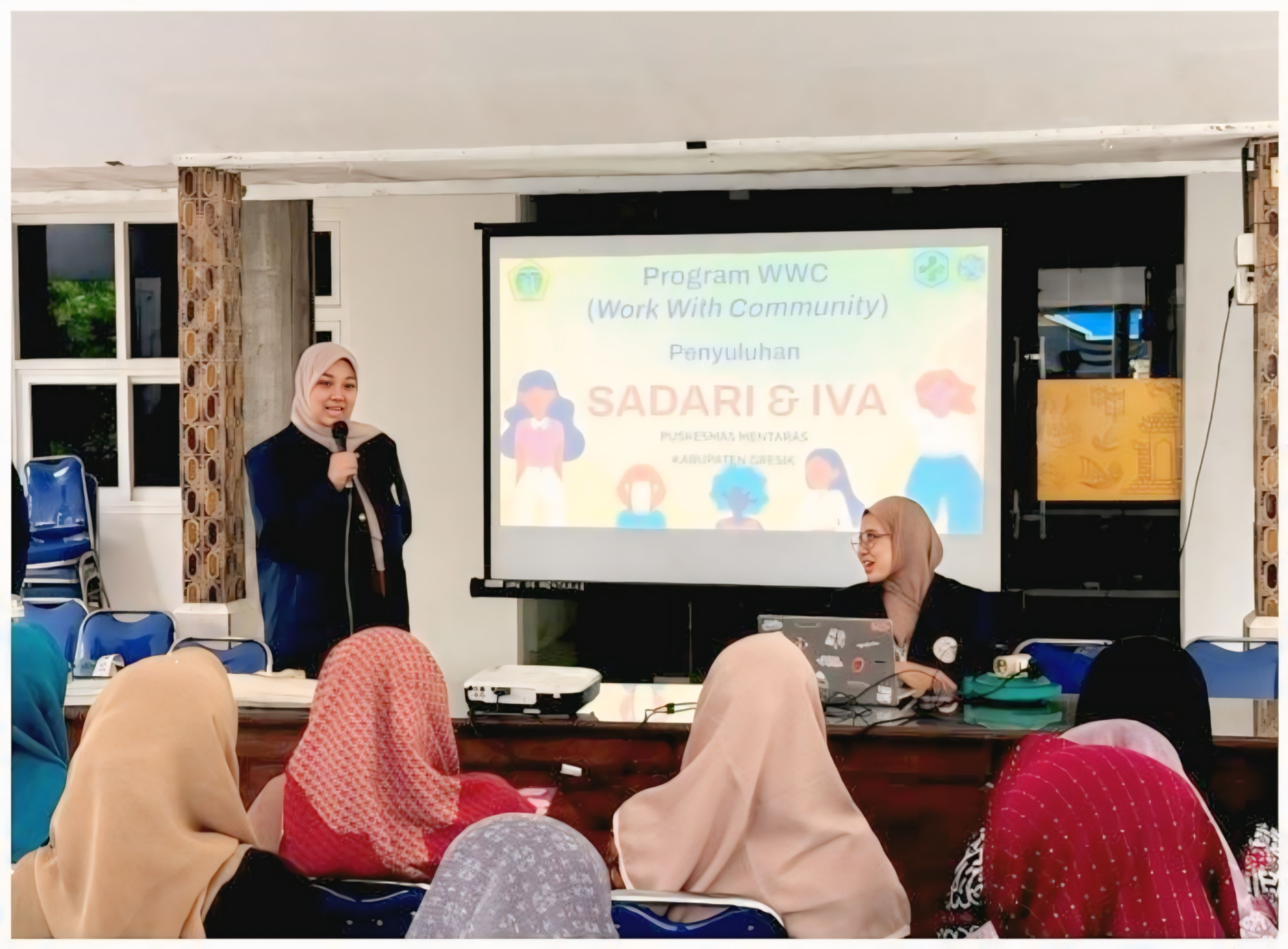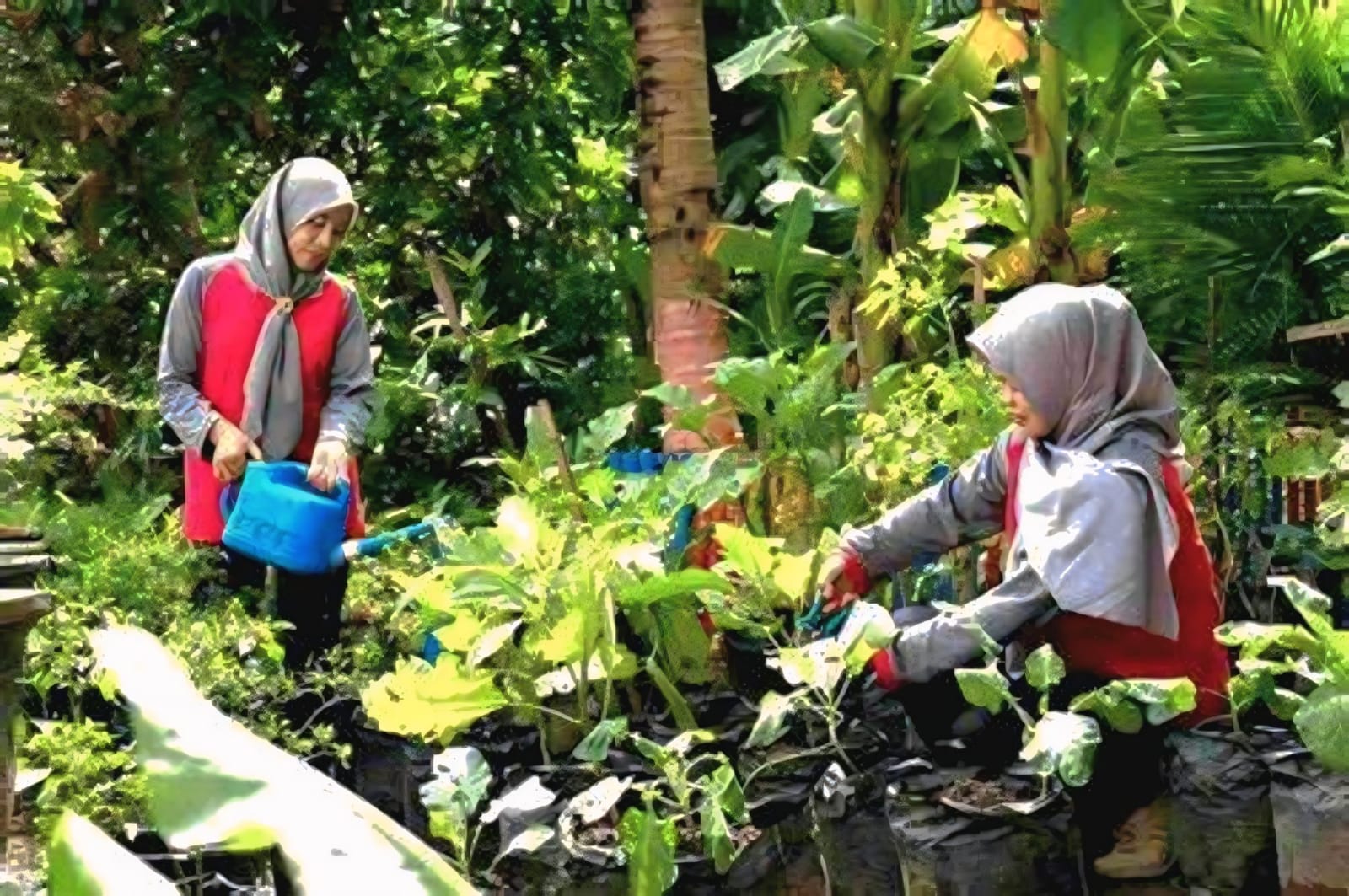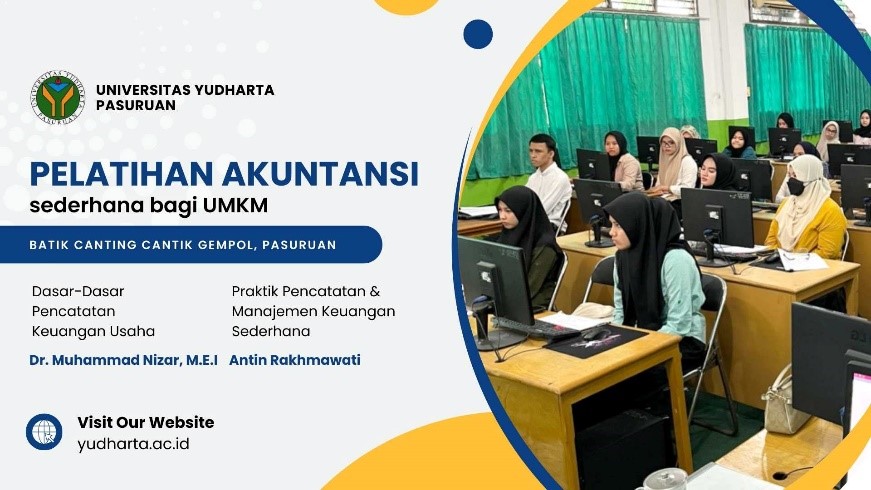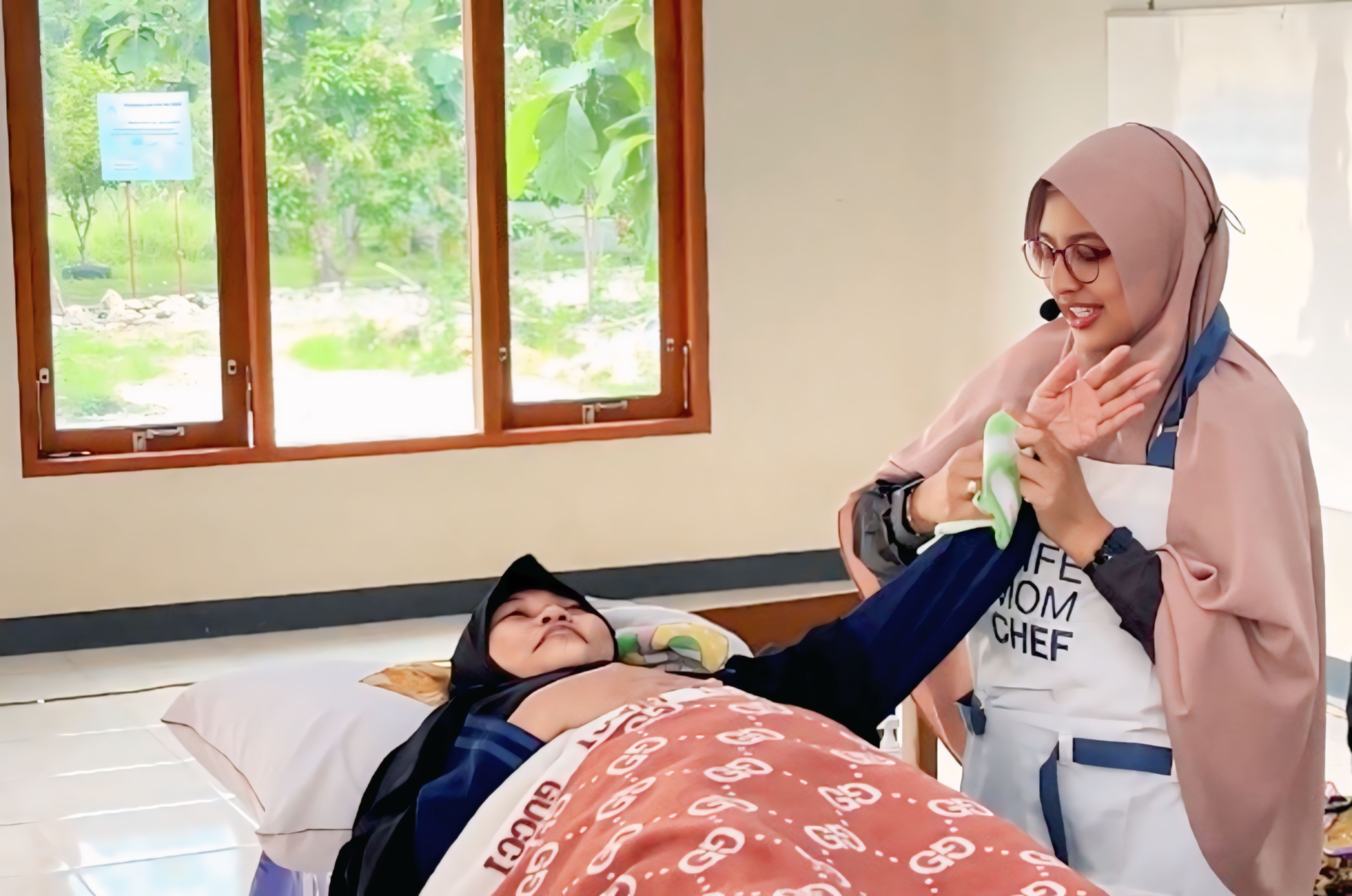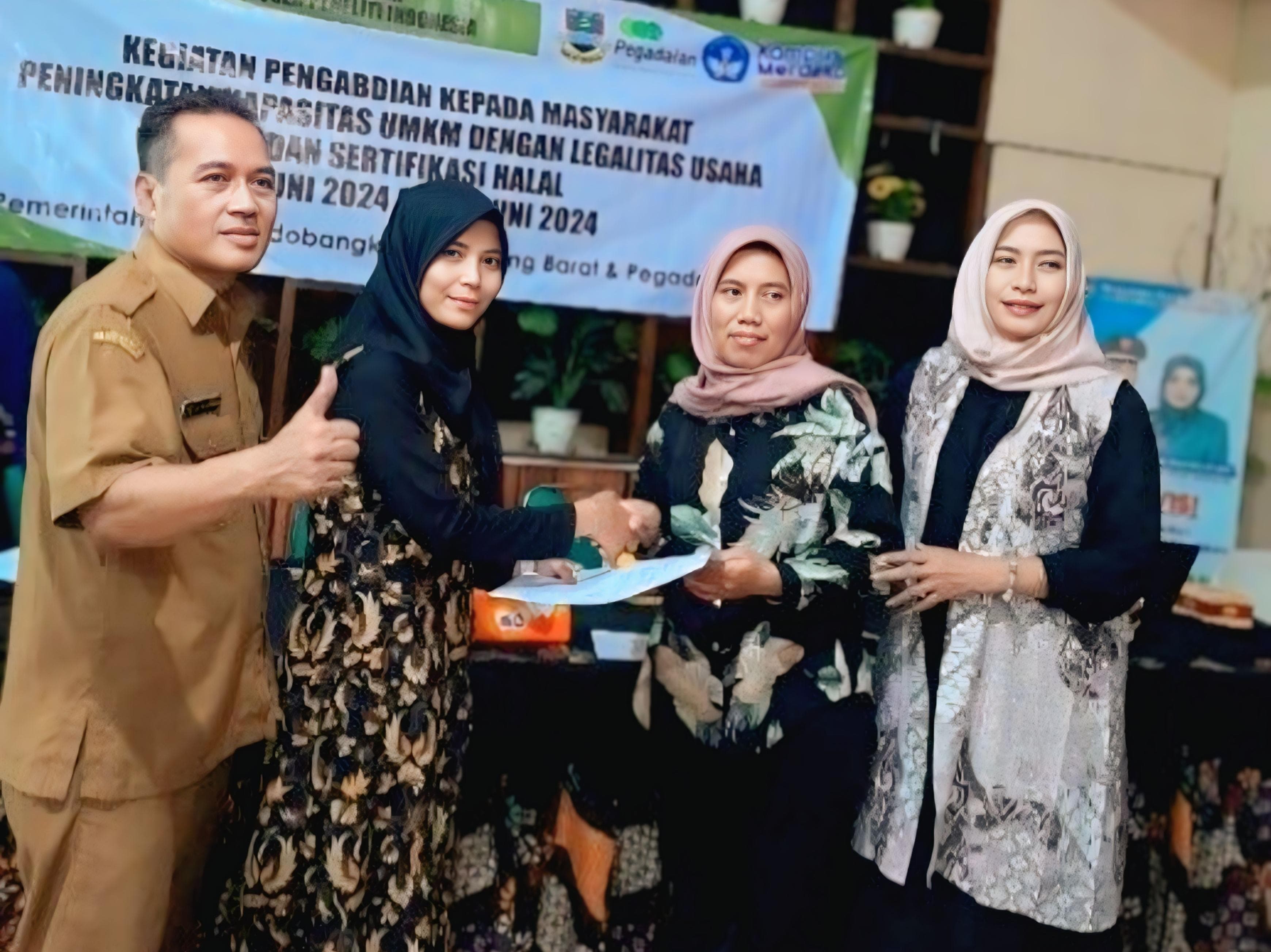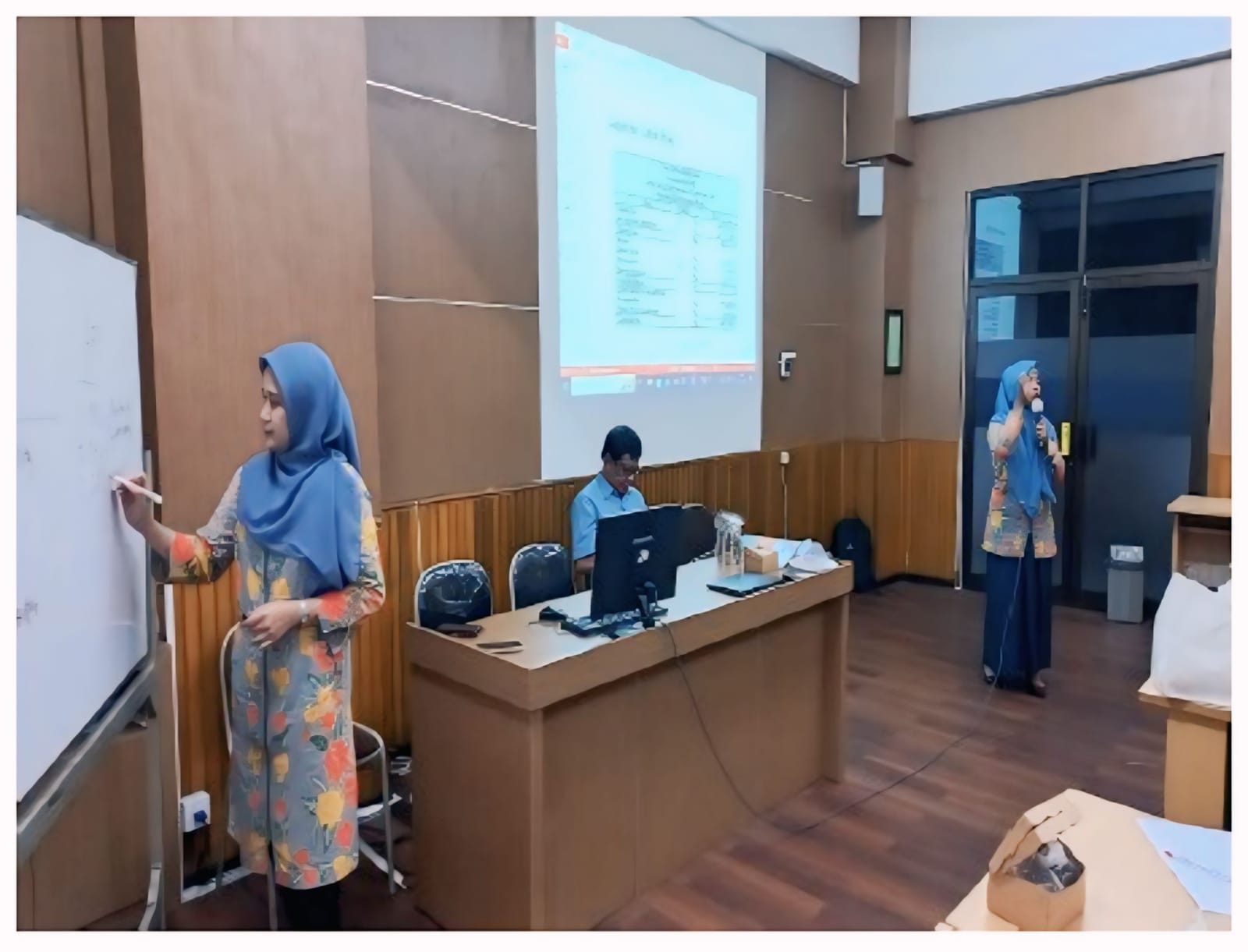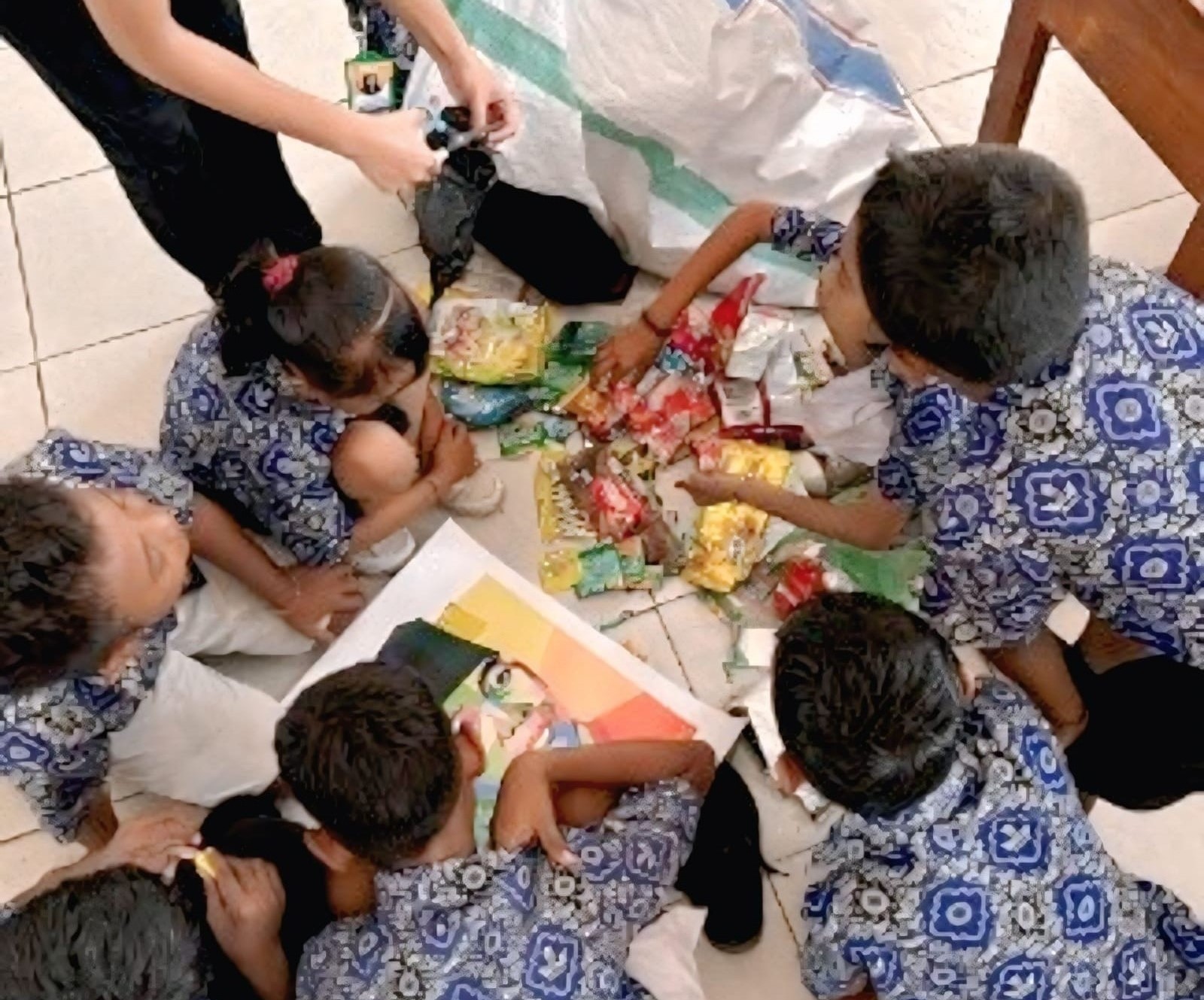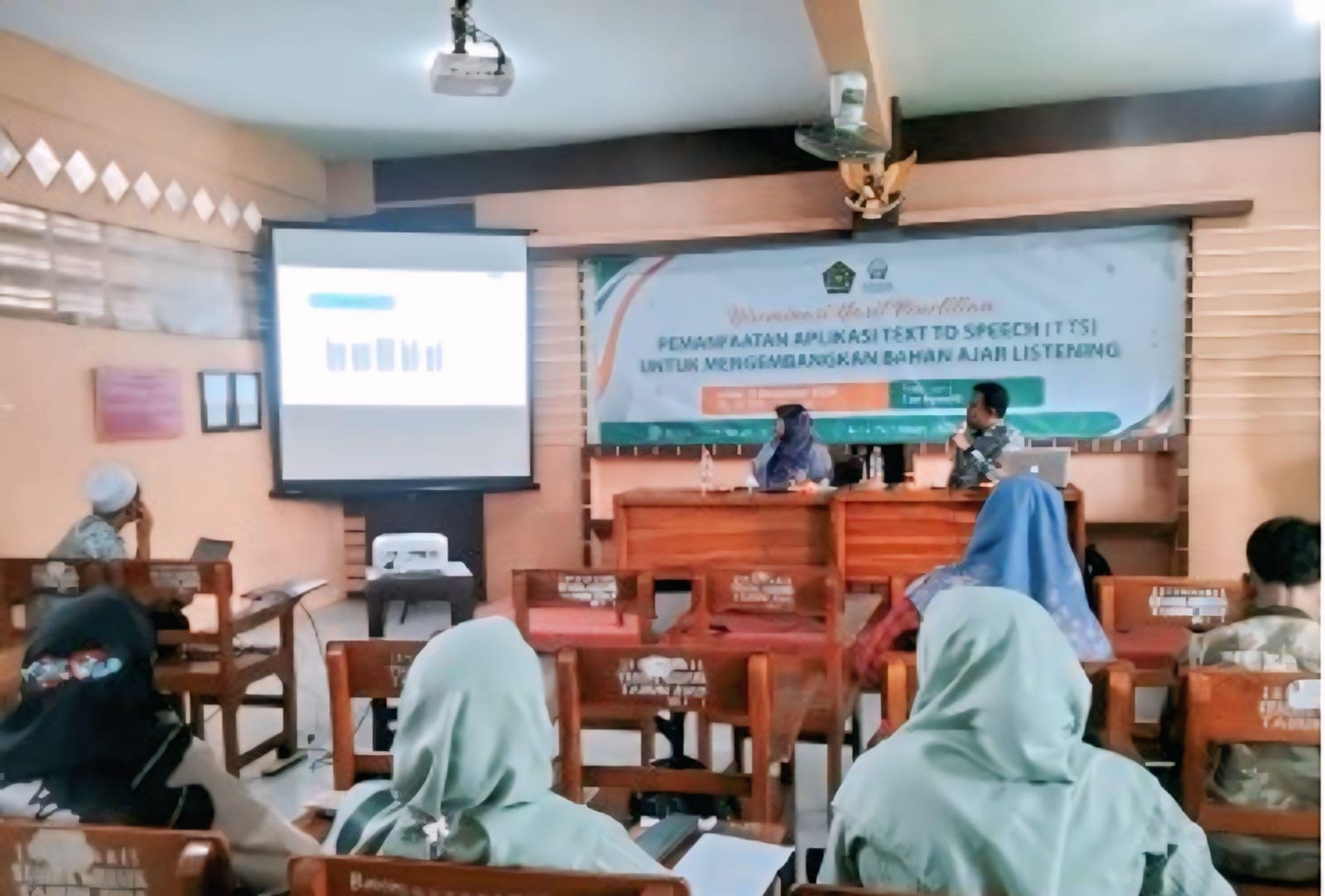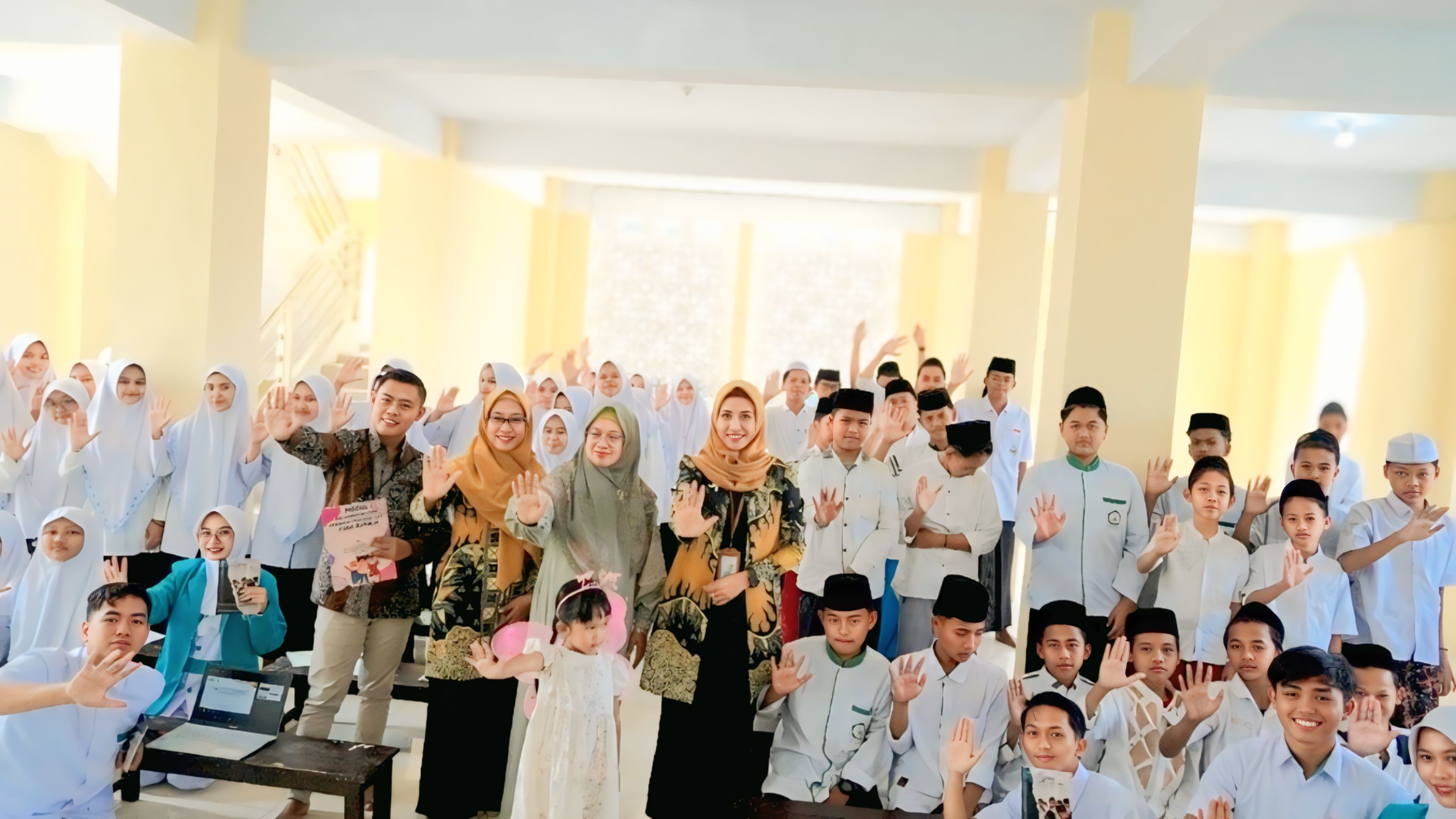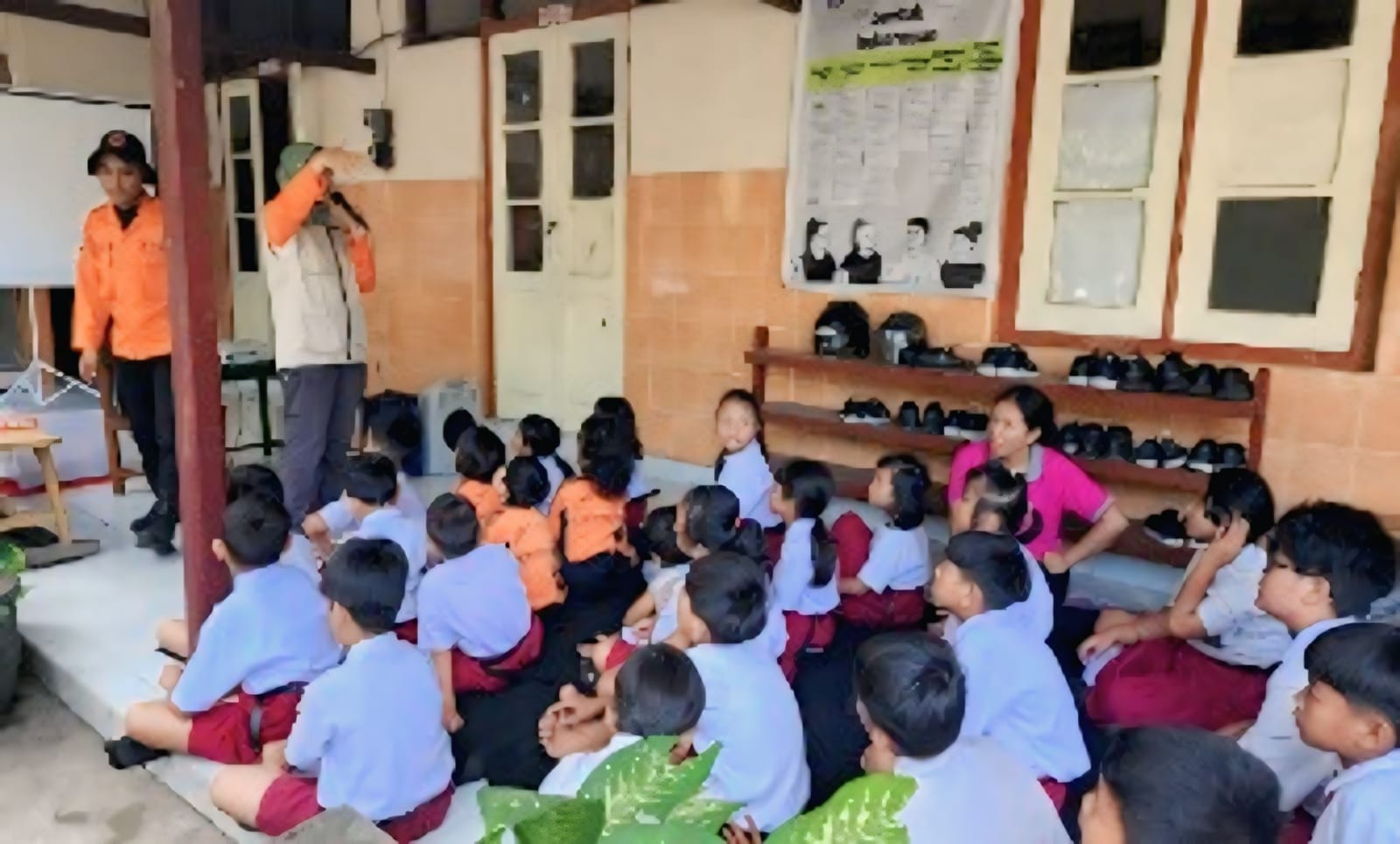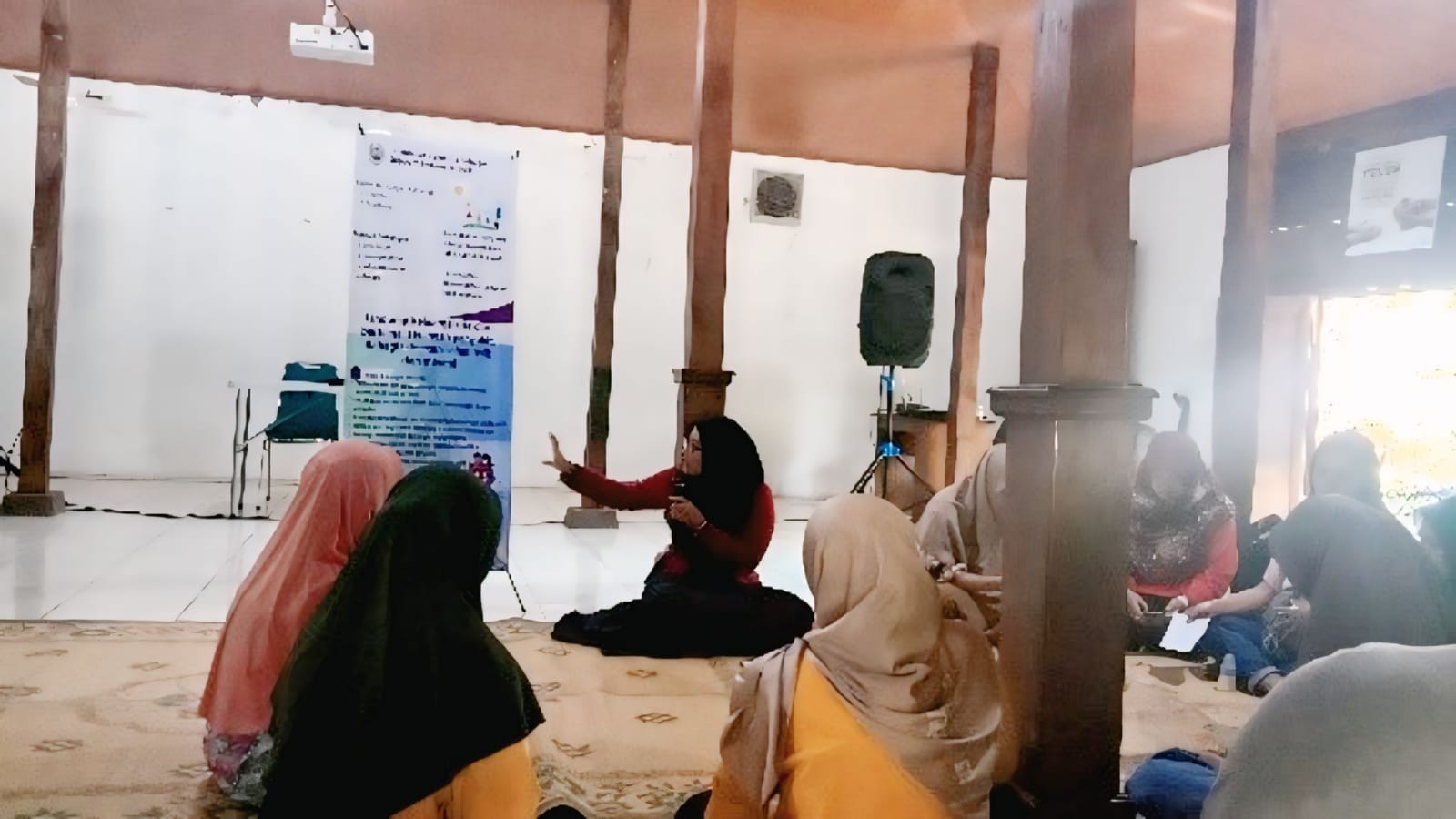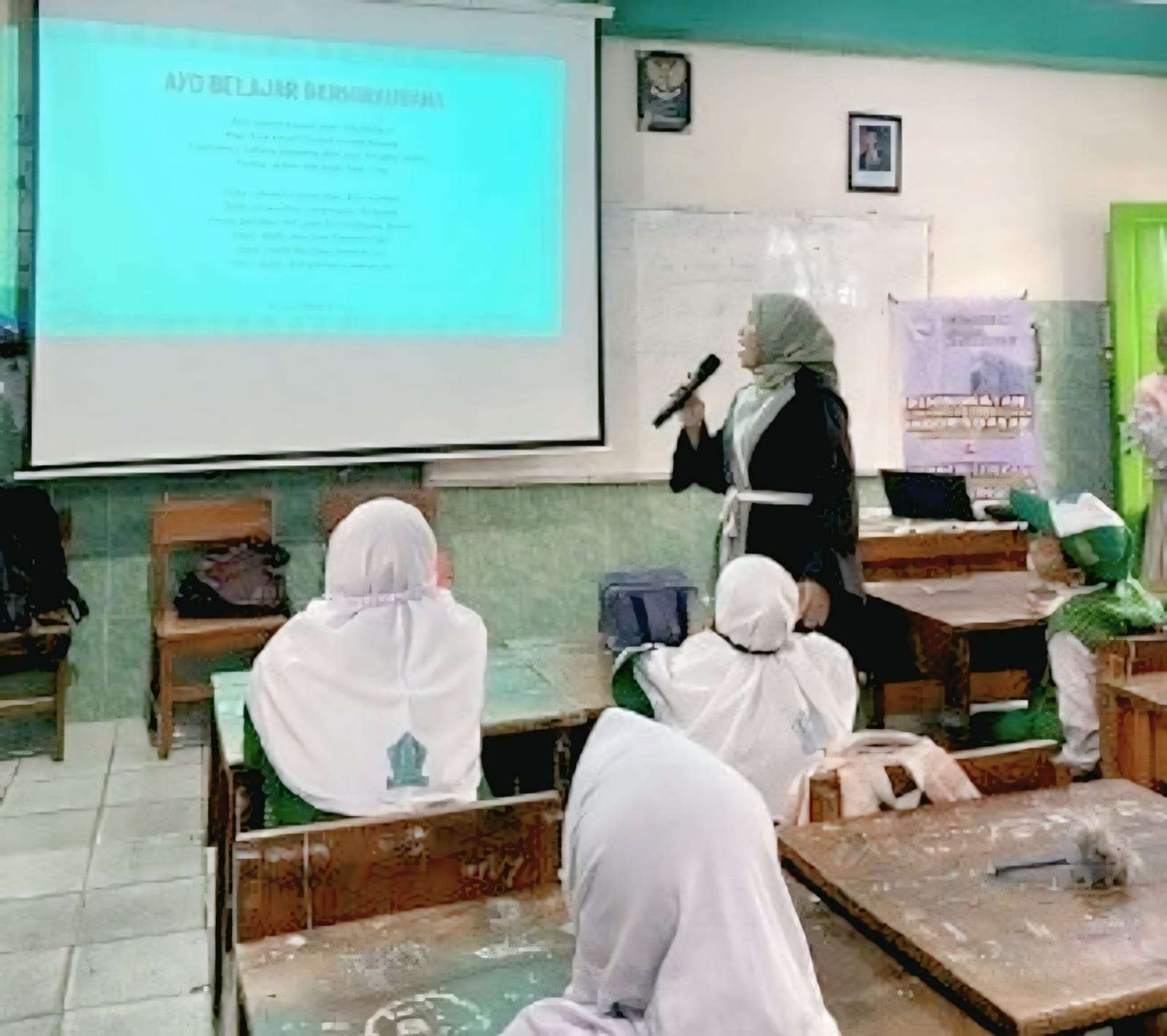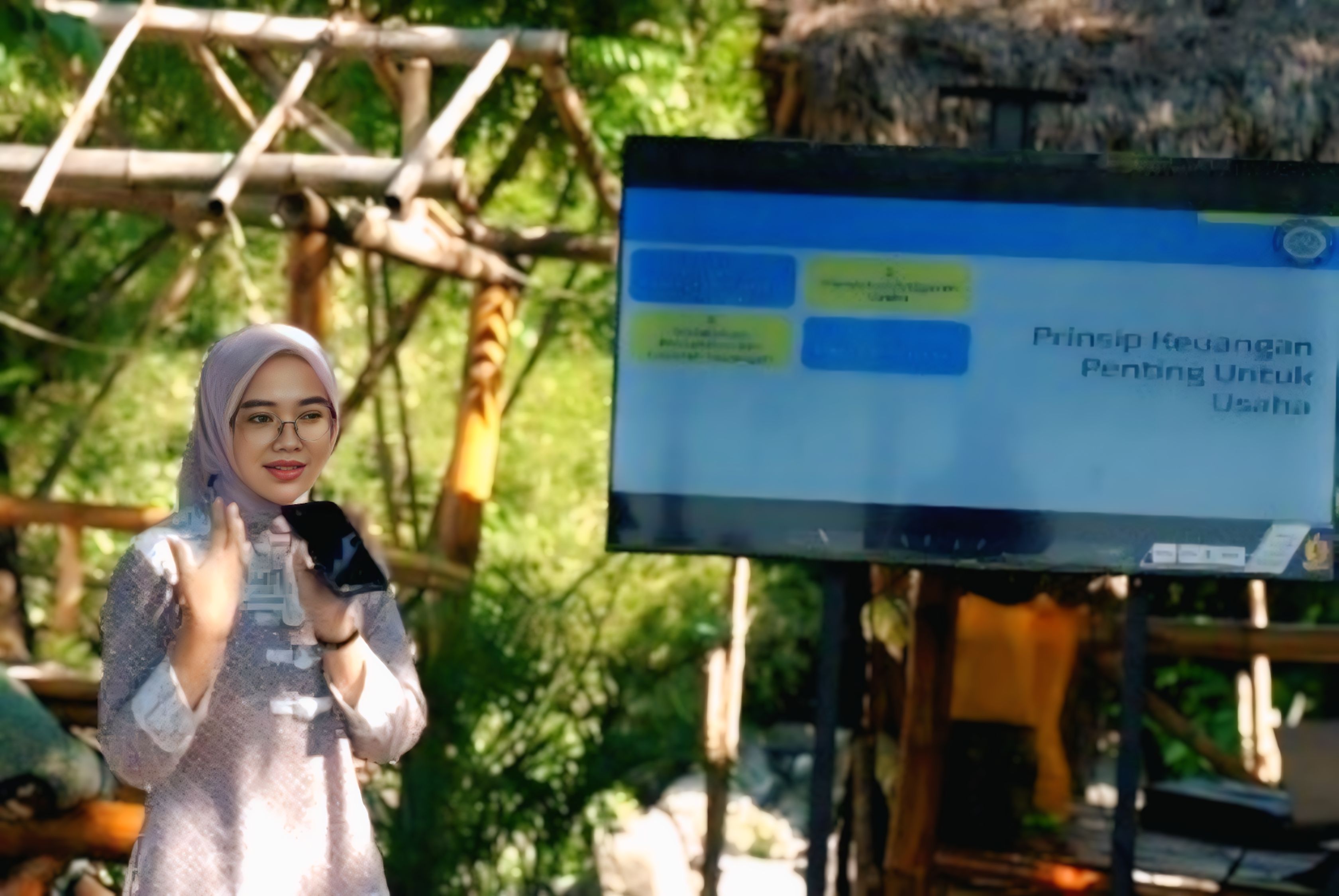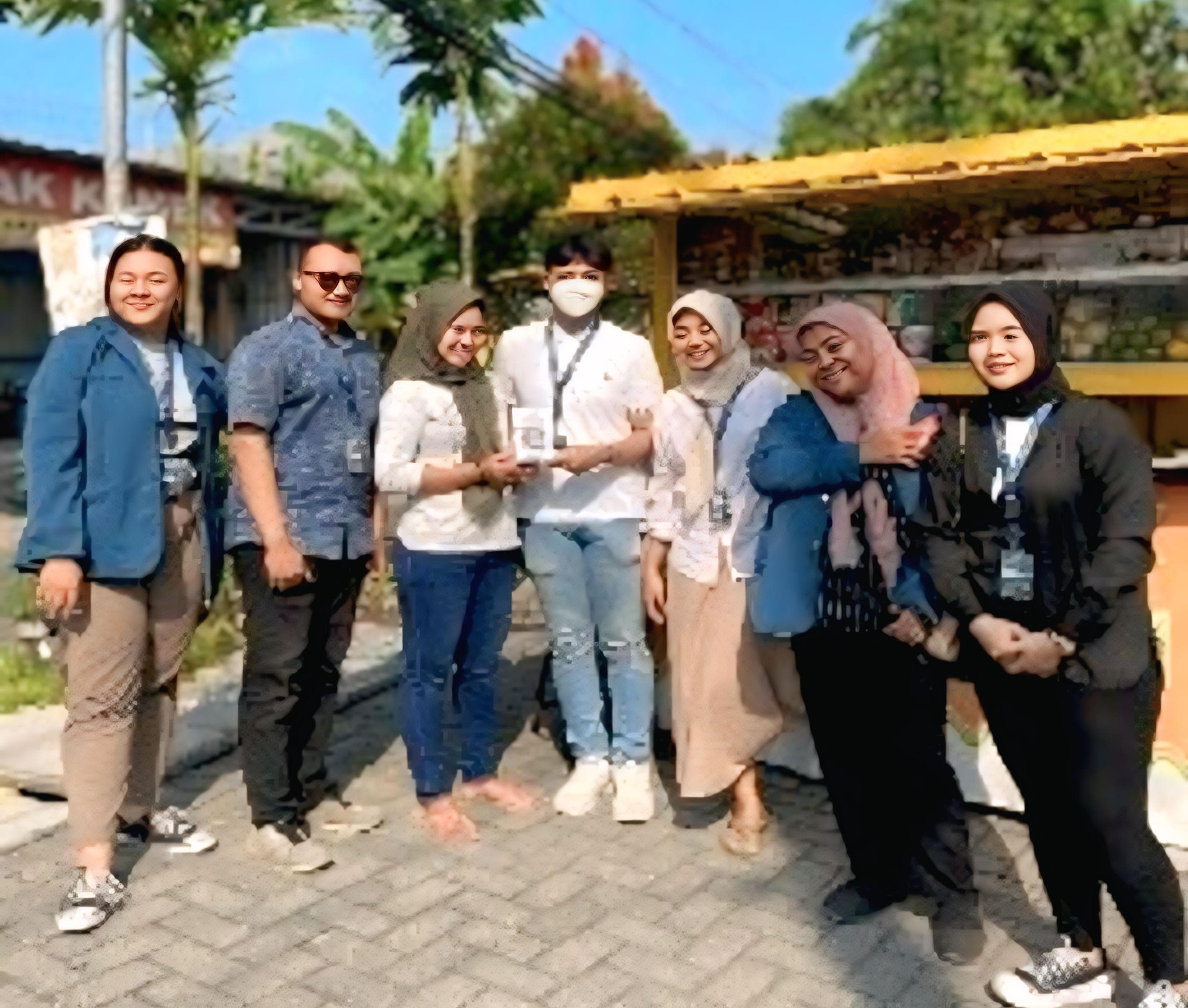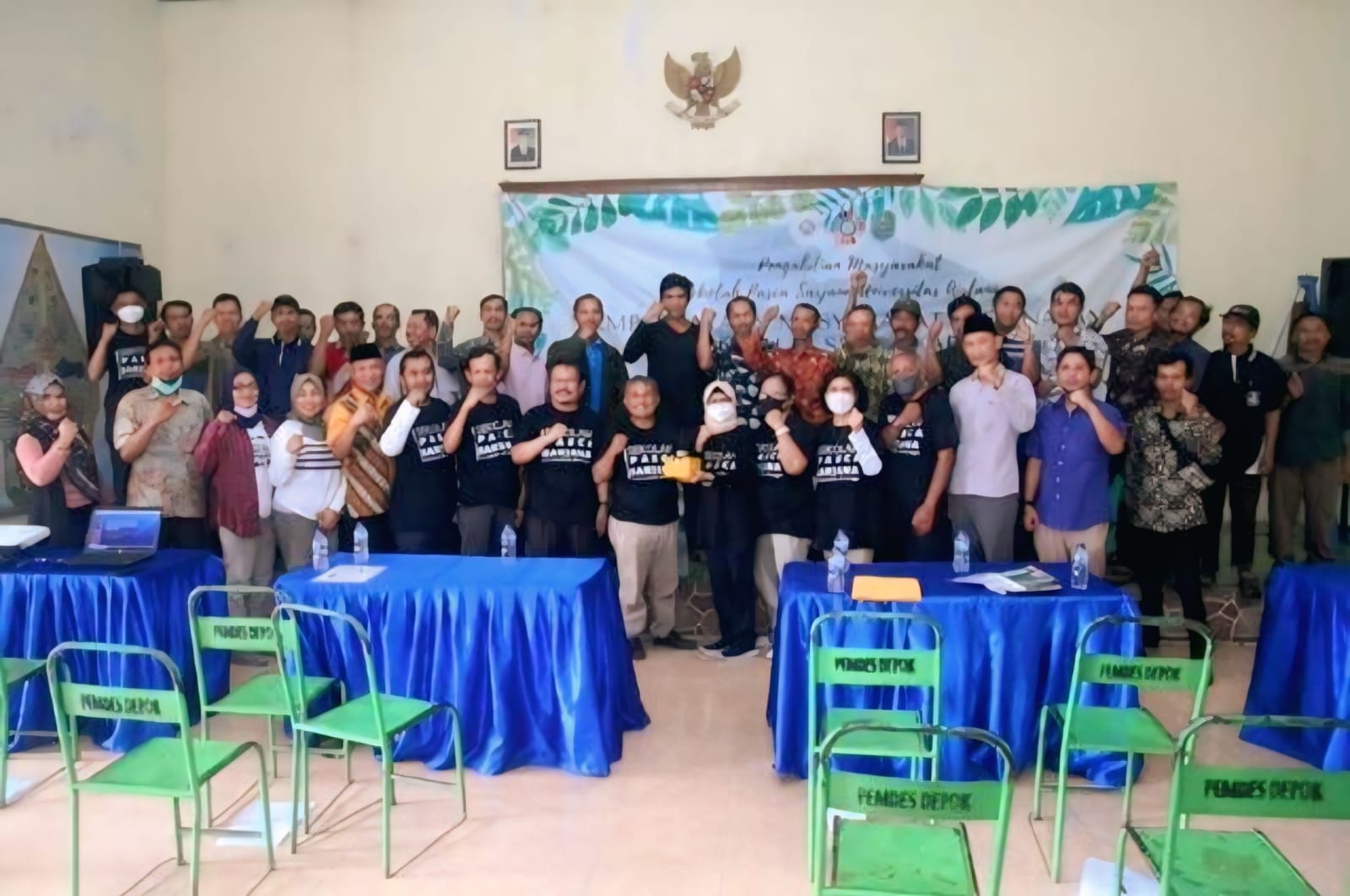EMPOWERING MSMES IN SUPPORTING THE TOURISM INDUSTRY BY FACILITATING MSMES FEATURES IN SMART TOURISM APPLICATIONS
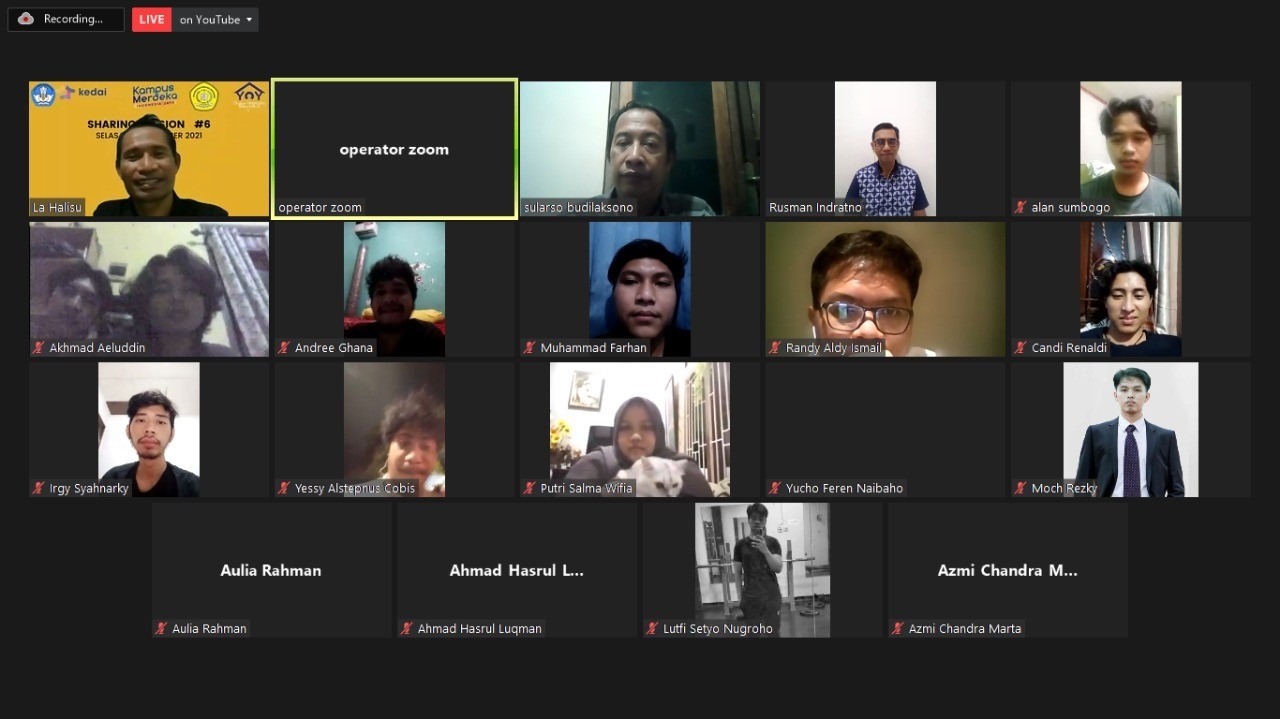
Downloads
Background: PT. Yoy International Management is a sharia-based hotel development and management company that formed in October 2020. It was born during the Covid-19 pandemic that hit almost all sectors of the tourism and hospitality industry in the world. PT. Yoy Management take a role in the recovery period and enable the tourism, hospitality and MSME sectors to support tourism by carrying out the sharia concept (trust, transparency, accountability). Objective: To empower MSMEs so that their products or services can be accessed in the Smart Tourism application. Methods: The method used to carry out learning in the form of sharing, focus group discussions and consultation with MSME actors and providing facilities for products and services in smart tourism applications. Sharing session approach as many as 6 activities for 2 months. MSME actors can enter products and services offered to tourists through the Sharia-based Smart Tourism Information System managed by PT. Yoy Management. The total number of MSMEs participating consists of 23 people, i.e. 13% tourism object managers; 21,7% restaurant managers; 17,4% car rental managers; 17,4% MSME managers; 21,7% hotel managers; and 8,7% tourists. Results: Based on questions about the product displayed on the Yoy application, the following answers were obtained: 65,2% very well; 30,4% good; and 4,4% less. Based on questions about tourist payments for service/product orders, the following answers were obtained: 43,5% very easy; 52,9% easy; and 4,3% difficult. Conclusion: The empowerment of MSMEs in the tourism industry is expected to increase MSME income and regional income.
Cornellia, A. H., & Hermawan, H. (2020). Upaya Meningkatkan Angka Kunjungan Museum Melalui Social Media Marketing– Studi Pendahuluan. Jurnal Kepariwisataan Indonesia, 14(1).
Damartiasari, A. F. (2017). Persepsi Pengunjung Terhadap Daya Tarik Taman Wisata Alam Hutan Rimbo Tujuh Danau Di Desa Wisata Buluh Cina Kecamatan Siak Hulu Kabupaten Kampar Riau. Jurnal Online Mahasiswa, 4(2). Diambil kembali dari https://jom.unri.ac.id/index.php/JOMFSIP/article/view/16220
Ferdiansyah H., Endyana C., Rachmat H., Khadijah Ute L. S. (2020). Pengembangan Pariwisata Halal Di Indonesia Melalui Konsep Development of Halal Tourism in Indonesia Through Smart Tourism Concept. Journal of Sustainable Tourism Research, 2(1): 30–34.
Ghani, Y. A. (2017). Pengembangan Sarana Prasarana Destinasi Pariwisata Berbasis Budaya di Jawa Barat. Jurnal Pariwisata, 4(1), 22-31.
Liu, P., & Liu, Y. (2016, September). Smart tourism via smart phone. In International Conference on Communications, Information Management and Network Security. Beijing.
Moleong, L. J. (2007). Metodologi penelitian kualitatif edisi revisi.
Pavithra, K., Sharmila, L., Sivapriya, S., Swathi, U., & Sekar, S. (2019). Future Of Smart Tourism. Future, 6(02).
Redjeki, S., Faizal, E., Iskandar, E., Rosadi, D., & Mustofa, K. (2018, October). Model Sistem Wisata Integratif: Sebuah Pendekatan Smart Tourism di Kabupaten Bantul. In Seminar Nasional Teknologi Informasi dan Komunikasi (SEMNASTIK) (Vol. 1, No. 1, pp. 16-25).
Soekadijo, R. G. (2000). Anatomi pariwisata: memahami pariwisata sebagai" systemic linkage. Gramedia Pustaka Utama.Wibowo, Lili Adi. (2008). Usaha Jasa Pariwisata. Bandung: Universitas Pendidikan Indonesia.
Zhu, W., Zhang, L., & Li, N. (2014). Challenges, function changing of government and enterprises in Chinese smart tourism. Information and Communication Technologies in Tourism, 10, 553-564.
Copyright (c) 2022 Sularso Budilaksono

This work is licensed under a Creative Commons Attribution-NonCommercial-ShareAlike 4.0 International License.
- The Author(s) hold the copyright of the article without restrictions
- Darmabakti Cendekia allows the author(s) to retain publishing rights without restrictions.
- The legal formal aspect of journal publication accessibility refers to Creative Commons Atribution-Non Commercial-Share Alike 4.0 (CC BY-NC-SA), implies that publication can be used for non-commercial purposes in its original form.



